I'm having issues with timezones and time offsets when working with Python, the Google Calendar API, and a client device operating in local time.
I have a Raspberry Pi which acts as a booking display outside a shared room. A Python script is called periodically to pull in the next upcoming calendar event from the Google Calendar API, split the result into variables, then pass those variables back to the bash script which called it.
I built it in the winter—when the UK's timezone has equivalence to UTC—and it worked perfectly. Now, in British Summer Time, it doesn't. The comparison of time objects to check whether or not the meeting is currently in progress doesn't work, and the room is showing as available when it isn't.
I've read and read (then re-read and re-read) articles and explainers about working with timezones and time offsets in Python, and I just cannot get my head around it. It doesn't help that I don't really understand object-based programming, so the example scripts provided don't mean much to me!
Ideally, I would simply like everything to work using local time. The Raspberry Pi is connected to the internet and its time is updated automatically, and the Google Calendar is correctly set to the UK timezone. How could I go about making all references to time 'local', so the time objects everywhere in the Python script are always current UK time?
Please help. Stack Overflow has been such a rich source of knowledge in the past that I've never needed to ask a question myself, but this is making my brain hurt! Thank you!
This is what I've got, which is a modified version of Google's own example script:
service = build('calendar', 'v3', credentials=creds)
# Call the Calendar API
timeStamp_now = datetime.datetime.utcnow()
timeStamp_12 = timeStamp_now + timedelta(hours = 12)
now = timeStamp_now.isoformat() + 'Z' # 'Z' indicates UTC time
now12 = timeStamp_12.isoformat() + 'Z' # 'Z' indicates UTC time
events_result = service.events().list(calendarId='###############@resource.calendar.google.com', timeZone="Europe/London", timeMin=now,
maxResults=1, singleEvents=True, showDeleted=False, timeMax=now12,
orderBy='startTime').execute()
events = events_result.get('items', [])
if not events:
print('meetingStart="NoEvents"')
for event in events:
startTime=event['start'].get('dateTime')
endTime=event['end'].get('dateTime')
eventTitle=event['summary']
eventOrganizer=event['creator'].get('email')
try:
eventConferencing=event['conferenceData'].get('conferenceSolution').get('name')
except:
eventConferencing=(' ')
if startTime <= now <= endTime:
inProgress=('true')
else:
inProgress=('false')
safeEventTitle= ""
for i in eventTitle:
num = ord(i)
if (num >=0) :
if (num <=127) :
safeEventTitle= safeEventTitle + i
print('meetingStart="' + startTime + '"')
print('meetingEnd="' + endTime + '"')
print('meetingTitle="' + safeEventTitle + '"')
print('meetingOrganizer="' + eventOrganizer + '"')
print('meetingConferencing="' + eventConferencing + '"')
print('meetingInProgress="' + inProgress + '"')
The Raspberry Pi's time is set correctly:
pi@raspberrypi:~ $ date
Fri 16 Jul 20:31:38 BST 2021
The Python script returns this when run:
pi@raspberrypi:~ python /myPythonScript.sh
meetingStart="2021-07-16T20:00:00+01:00"
meetingEnd="2021-07-16T21:00:00+01:00"
meetingTitle="Test"
meetingOrganizer="abc@def.com"
meetingConferencing=" "
meetingInProgress="false"

